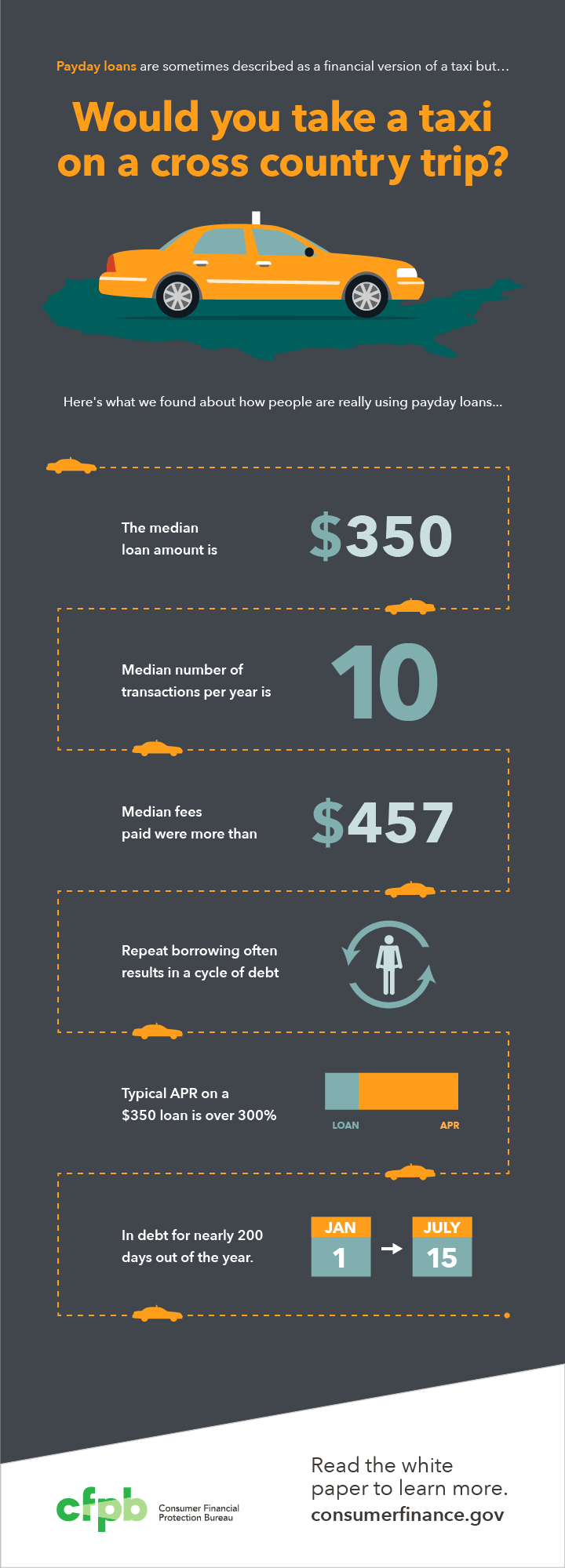CFPB Report Makes the Case for Action on Payday Loans
As new data confirms, they frequently serve as debt traps, with borrowers unable to repay, taking out repeated loans, and struggling to cover basic living expenses for months on end.

As new data confirms, they frequently serve as debt traps, with borrowers unable to repay, taking out repeated loans, and struggling to cover basic living expenses for months on end.

“This is about a minority that doesn’t want a watchdog that will keep an eye on the big banks to make sure they don’t cheat their customers.” – Senator Elizabeth Warren.










AFL-CIO, AFR, and Consumer Federation of America sent a letter to SEC Chairman Mary Jo White arguing that the Commission needs to re-propose the general solicitation rulemaking for the JOBS act in order to incorporate basic investor protections not included in the proposed rule.










The Federal Reserve has heard plenty from U.S. banks about what’s wrong with various proposed pieces of Dodd-Frank rulemaking. Now, according to Kate Davidson of Politico Pro (April 15), the Fed is “getting an earful from foreign banks and their regulators, too.”










AFR joined more than 40 organizations in sending a letter to President Obama supporting prompt rulemaking to effectively enforce the “gainful employment” requirement for career education programs.










Ever since the passage of the Dodd-Frank Act, “the financial industry has been spending billions of dollars on lawyers and lobbyists,” all of them “charged with one task: weaken the thing.”










A collection of letters and talking points to members of Congress regarding a number of harmful derivatives measures being considered in the House Financial Services Committee and the House Agriculture Committee.










Ignoring the Senate report on JPMorgan’s “London Whale” debacle, House members “take bank contributions and vote to advance a bill that would allow taxpayer bailouts of too big to fail banks.”










Bank fees charged on structured notes tied to stocks climbed to a three-year high in the first quarter of 2013,










AFR joined more than 50 public interest groups in sending a letter to members of Congress, urging that they oppose HR 1077.